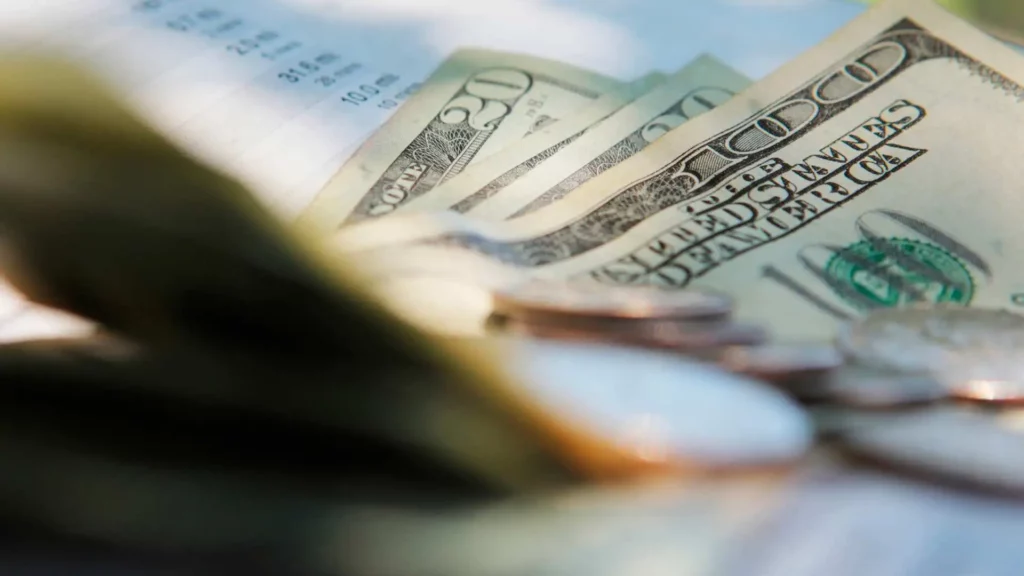You’re not alone. We’ve all been there, done that! And we’re still learning more about credit cards. If you’re new to the world of credit cards, don’t sweat it. Yes, you probably have a lot of questions about how they work. There’s a lot more take on when you start using credit cards, and a lack of knowledge can end up costing you money. So, here’s what you need to know about credit cards.
Credit or Debit?
They look the same no denial, but the way it works is different. While your debit card is connected to your bank account, your credit card is more like an open-ended loan. Using a credit card is like the creditor paying for your purchase—for a certain period, of course. At the end of your billing cycle, you’ll get a statement of all your transactions for the month. Your statement will reflect your previous balance, new balance, minimum payment due, and the due date. It’s more like borrowing money now that you’ll have to pay back later.
Line of Control
All credit cards come with limits, and you should avoid hitting yours. When you approach your creditor to apply for your credit card
When you apply for a credit card, your creditor goes through a process called “underwriting.” This is where they decide whether or not to approve your credit application and then set your credit limit and interest. Underwriting varies from company to company, but generally, they’ll check your previous credit reports and income when setting your credit limit.
If your credit card maxed out, it will lead to higher monthly payments and overall damage to your credit score.
Keeping Score Well
A credit score is what determines if you’re eligible to borrow or not! And a credit card massively influences your credit score, depending on how you use it of course. You should know that credit bureaus hold your credit reports which have access to your payment history. So, if you want to have a healthy credit score, you might want to ensure to pay your credit card bill on time.
How They Make Money
Credit card companies make money from your interests and late fees. A credit card is a loan and the only way credit card companies can make money is through finance charges and other fees. If you’re in the credit card world, you should know that interest is also called an APR (annual percentage rate) this rate will show you the cost of carrying a negative balance on your credit card.
For example, let’s just say your APR is set at 20%. What this means for you is that you’ll be charged 20% interest on your debt if you carry a balance. Confused, let’s talk numbers! Hypothetically let’s assume you have a $100 balance on your credit card, your APR is 20%, and you’ll have to pay $20 in interest.
That being said, if you always pay your balance in full every month, you won’t need to pay this APR. But you might have other fees to pay. Besides fees and interest aren’t the only factors that determine a credit card company’s income. They charge something called a merchant’s processing fees, so every time you swipe your card they get paid.
Don’t Be Late
Being late has consequences. And early having rewards. We’ve learned this in school. The same goes for credit card bills. Miss payment and you’ll get hit with extra late fees. Pay a bill on time and your fee might get waived. Another disadvantage is that missing a payment will hurt your credit score. Remember that whole payment history thing we just spoke about? So even if you’re only a couple of days late, you’ll have to pay a late fee.
The good news on the other hand is, if you’ve never missed a payment before, you can persuade your credit card company to waive your first late fee.
It’s All About Grace
Credit card companies offer a grace period especially if you pay in full every month. A grace period is a time between the end of a billing cycle and the due date. Pay off your balance in full during the grace period and you won’t have to pay interest. Credit card companies don’t have to but they choose to offer a grace period.
Also Know About: Best Daily use Credit Cards
What Happens After Grace
It’s not always grace—at least not in the financial world. Once your grace period is done and dusted with, interest is added to your balance. That’s why pay your bills when you can and don’t wait till the due date. If possible, pay extra and get the burden off your chest as soon as you can. Because interest charges are based on your average daily balance. So, if you make a couple of extra payments throughout your billing cycle it will save you from paying extra interest by lowering your monthly balance.
























